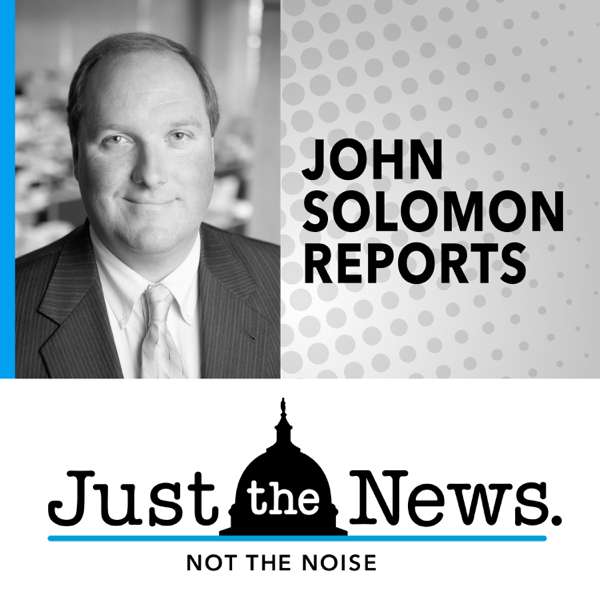I call this podcast American Crisis because I’m convinced our democracy -- like every democracy -- is fragile. It’s not simply a done deal, for all time. And over the past few years, American democracy come unacceptably close to the brink of failing.
Yes, we came through the aftermath of the 2020 election and the violent attack on the Capitol on Jan. 6, 2021. But there’s still a lot to be worried about.
Consider this phrase in a new blockbuster Washington Post report: “a wariness about appearing partisan.” That fear was a big part of what made the FBI resist investigating Donald Trump’s role in the Jan. 6th insurrection. Stunningly, it took the agency more than a year to overcome that hesitancy, according to the story, despite all the obvious signs that Trump was the instigator.
And “a wariness about appearing partisan” is also behind a lot of the problems of journalism today. Reporters, their editors and their corporate bosses don’t want to look like they are choosing sides. They are afraid of being called liberal. They want to appear neutral at all costs, even if that means shying away from the obvious truth. Just as the FBI did. (And that’s not to mention the destructive role of right-wing media, specifically Fox News. A whole separate subject.)
But here’s the thing: If journalism isn’t brave – isn’t willing to take the heat – it can’t possibly do the job that it must do in a democracy: To fully inform the public so that citizens can, in turn, do their jobs of voting, protesting, advocating, etc.
In short, journalism’s main job is to hold powerful people and institutions accountable. But if we’re afraid of “appearing partisan,” we slip into a kind of performative neutrality, which is destructive and misleading.
I explore some of those concerns in the first episode of the podcast. Molly Jong-Fast -- the incisive author, pundit and writer -- sees both slow-moving and fast-moving threats, and she details them in our talk.
In the weeks ahead, I’ll talk with some fascinating people who share my concerns and bring their own specific expertise to bear. We’ll look at how dramatically media and politics have changed since an earlier “hinge moment” in American history, the Watergate scandal of the early 1970s, which culmimated in the resignation – under pressure – of President Richard Nixon. Would Watergate play out the same way today? Can today’s journalism help to save democracy? I have doubts, and I have hopes, too.
My guests will include former FBI special agent Asha Rangapa and the legendary journalist Carl Bernstein, who with Bob Woodward did the essential investigative Watergate reorting at the Washington Post.
I think there’s a lot to learn. So, please, come along for the ride.
What do you think about today’s journalism and what we’re talking about here? Stop by my Substack to join the discussion: margaretsullivan.substack.com
This is a public episode. If you'd like to discuss this with other subscribers or get access to bonus episodes, visit
margaretsullivan.substack.com/subscribe
 Our TOPPODCAST Picks
Our TOPPODCAST Picks  Stay Connected
Stay Connected







